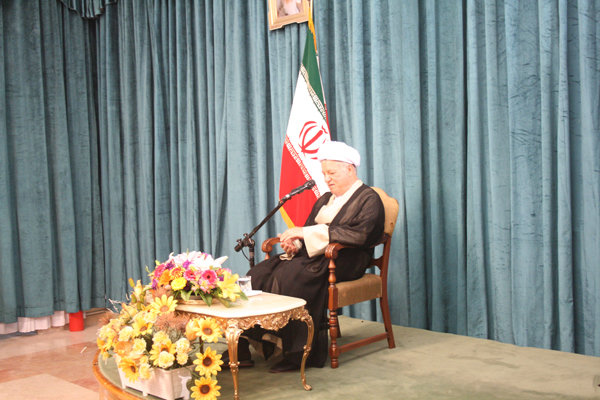Rafsanjani and his political legacy

Ayatollah Akbar Hashemi Rafsanjani has been and continues to be a name to conjure up with in Iran’s contemporary history.
Over more than six decades of political life, he never stepped into wilderness as indicated by dozens of nicknames such as a “pillar of the Revolution” and “man of all seasons” he earned all the way along.
For me who was born in the thick of a war Iraq waged against Iran and Rafsanjani commanded, the question arises as to what made the veteran, mysterious, taciturn politician what he was until his passing on Jan. 8.
A chronological look at Rafsanjani’s record makes one to come up with a dynamic characterization of the politically savvy cleric.
And it is exactly this political dynamism that renders the first-generation revolutionary an indelible, irreplaceable asset for the 1979 Revolution.
As commander-in-chief of the war he could convince the late Ayatollah Khomeini to champion an end to it.
Turning back on the crony-rich etatism he had enshrined during his two terms of presidency, Rafsanjani became an outspoken advocate of privatization, calling for minimizing governments’ role in the economy.
A lifetime practitioner of conservatism who never was thought to seriously contemplate political reform, he rose to enlist the support of a class of scattered reformists who later on threw their full weight behind incumbent President Hassan Rouhani in 2013.
Looking beyond Iran, he brokered closest ties ever clinched with the Arab world and sought a détente with the West.
All these efforts, at times seen by opponents as paradoxical and a backing down from his revolutionary stances, were in fact part of a dynamic agenda Rafsanjani perfected all over his political life.
Leave a Comment